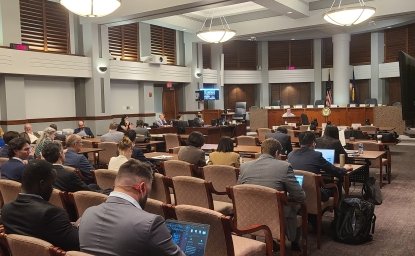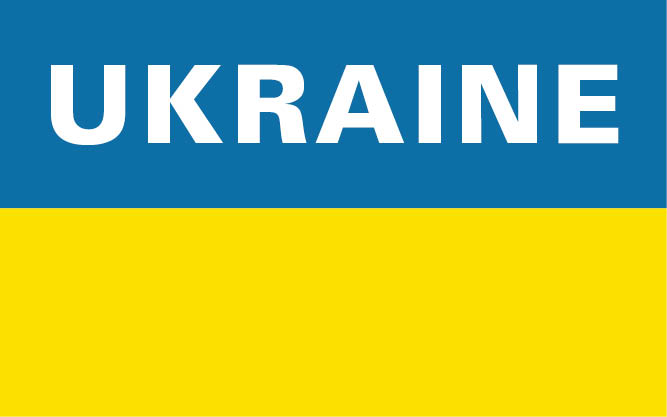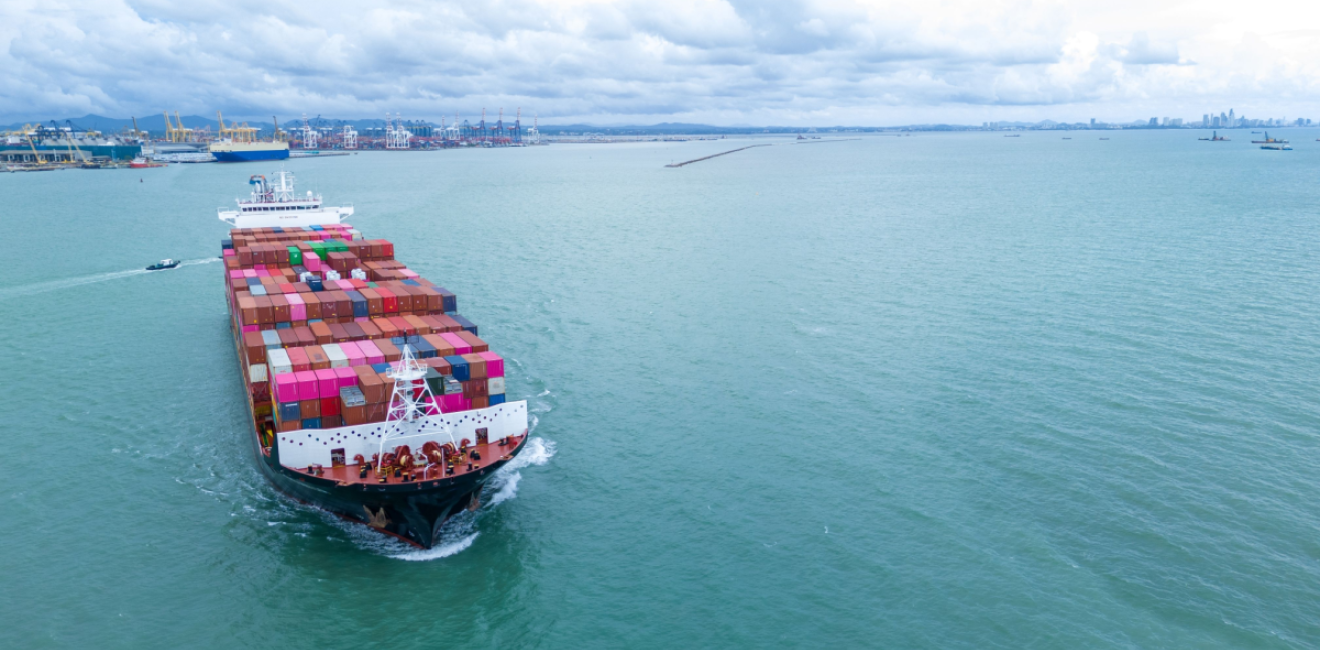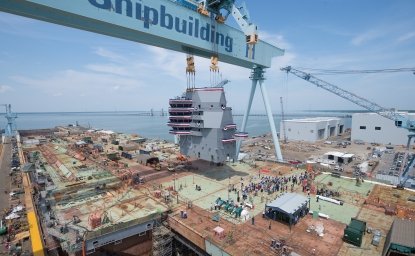In a bid to provide a US led alternate to international infrastructure and development initiatives such as China’s Belt and Road Initiative, the US in recent years has put forward a number of its own initiatives such as the BUILD Act, which established the US Development Finance Corporation (DFC) in 2019. These initiatives have helped move the needle, albeit slightly, on funding and financing infrastructure projects. Yet a challenging international business landscape for infrastructure delivery is hindering US strategic and economic objectives abroad. More needs to be done to help US firms with this pressing problem.
US companies still face considerable challenges in participating in the design, delivery, and operation of infrastructure abroad. Some of these hurdles they face include corruption, reputational risks, limited returns, workforce, strategic planning and supply chain issues. There are few resources to help US firms navigate such challenges like corruption in this space. This in turn limits US firms’ participation in these projects and undermines the ability to advance broader US economic and strategic interests globally.
In a related example, at the end of May 2024, the Georgian Ministry of Economy and Sustainable Development announced that Chinese company China Communications Construction Company (CCCC) would become the Georgian Government’s private partner in developing and managing Georgia’s first deep-sea port of Anaklia. CCCC was granted a 49 per cent stake in port. The $2.5 billion project is one of strategic importance, as it will be China’s first deep-sea port at the Black Sea and further enhance the viability of the Middle Corridor.
While Chinese companies now hold stakes and manage ports and terminals all over the world, this development is especially striking, as American companies were previously selected to partner on the Anaklia port project. New Jersey-based Conti Group was a partner in the Anaklia Development Consortium (ADC) alongside Georgian TBC Bank, who were awarded the contract to develop the port in 2016. SSA Marine, a Washington-based company, was separately selected as the port operator.
However, the development of Anaklia port was first interrupted and then halted, as in August 2018 when an investigation by the General Prosecutor’s Office of Georgia was started into illegal income by TBC Bank. The founders of TBC Bank, who also sat on the Board of Governors of the ADC, were criminally investigated and charged with laundering in 2019 as well as fraud in 2022. As these criminal proceedings unfolded, Conti Group officially left ADC in August 2019 and the consortium’s agreement with the Georgian government was canceled by January 2020.
The case of the Anaklia Port development highlights the challenges US companies face in navigating complex business and judicial environments abroad. Reputational risk and corruption notably are an ongoing challenge faced by US firms abroad, particularly in the design, delivery, and operation of major infrastructure. Public procurement of infrastructure is one of the government activities most vulnerable to corruption, due to the high value of projects, complexity and frequent interactions between the public and private sectors. There is an average global efficiency gap of approximately 30 per cent between the money that is spent and the coverage and quality of the resulting infrastructure, according to the IMF.
US firms represent a disproportionately small share of the international construction market. According to Engineering News Record, US companies represented just 6.1% of the market in 2022, well behind the share of their European and Chinese competitors. In a recent OECD survey, leading infrastructure investors, developers and operators cited corruption as a top factor inhibiting their participation infrastructure projects in EMDEs.
Subsequently, Chinese firms have established themselves as the primary infrastructure delivery partners for many EMDEs globally, including in neighboring countries in the Americas. This is helping to increase China’s economic relationships with these countries in strategic assets such as ports and technology.
This Administration has made countering global corruption a core US national security interest, which has included the modernizing, coordinating and resourcing of US initiatives to fight corruption. Such initiatives are a much-needed step forward. But more needs to be done to support US firms navigate corruption challenges for infrastructure delivery in EMDEs. Initiatives such as the State Department’s “Galvanizing the Private Sector as Partners in Corruption” seek to leverage private sector knowledge to fight corruption but more needs to be done to help US businesses navigate corruption as it occurs. Resources like the International Trade Administration could be offered to help US firms’ de-risk potential partners, report, mitigate and resolve corruption challenges as they arise.
Investments in overseas ports and maritime infrastructure offer strategic advantages and importance to countries across the world, including the US. Ports offer strategic access to vital maritime choke points and sea lines of communication (SLOCs), as up to 90 percent of global trade is seaborne. As such, investment into maritime commerce strengthen the ability to compete and strengthen global and local economies. Additionally, participation in the design, build and delivery of international infrastructure offers a valuable opportunity for the US to partner economically with countries to help them achieve their economic, climate and sustainability goals.
Investing in infrastructure, including ports and terminals, can be vital to US economic and strategic interests and global goals such as sustainability and inclusive growth. Consequently, US companies should be supported to help navigate challenges such as corruption in international environments. The US Government has a vital role to play in this space. Recent announcements by the Biden Administration to combat corruption are welcome but more needs to be done to support US firms navigate this complicated landscape.
Authors


Director of Infrastructure Policy Advancement, Bentley Systems

Wahba Institute for Strategic Competition
The Wahba Institute for Strategic Competition works to shape conversations and inspire meaningful action to strengthen technology, trade, infrastructure, and energy as part of American economic and global leadership that benefits the nation and the world. Read more

Explore More
Browse Insights & Analysis
Funding Infrastructure Requires More…of Everything

Overseas Engagement Needed to Address US Maritime Vulnerabilities




